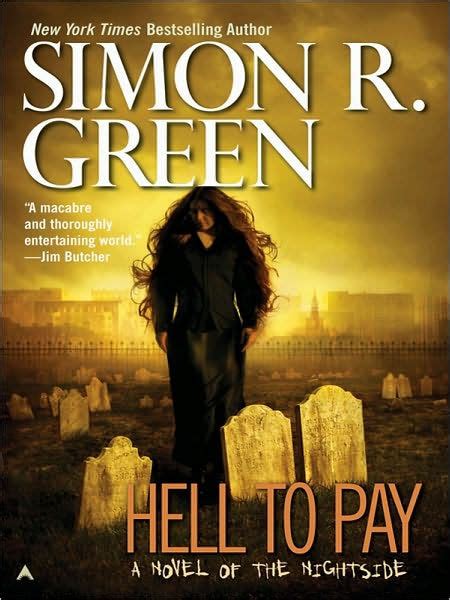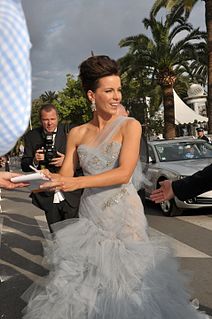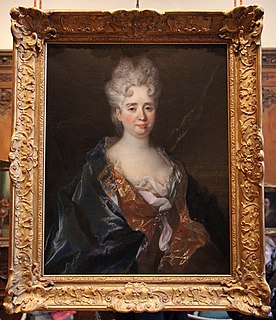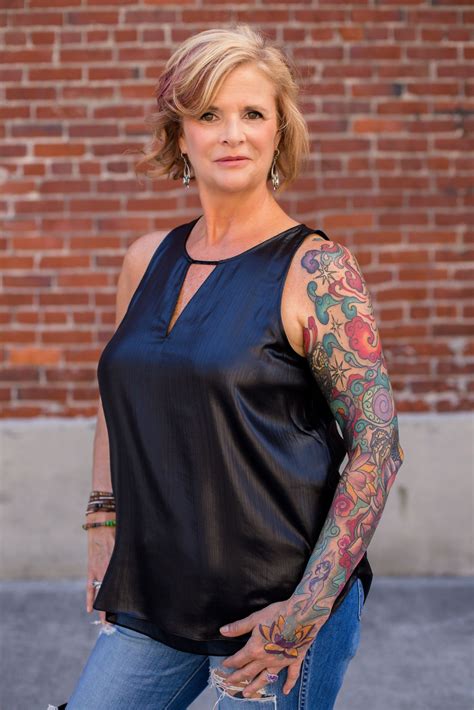A Quote by Simon R. Green
No one likes to admit that in the end we all die by inches, gradually losing all the defining visual characteristics that make us us
Related Quotes
We attach our feelings to the moment when we were hurt, endowing it with immortality. And we let it assault us every time it comes to mind. It travels with us, sleeps with us, hovers over us while we make love, and broods over us while we die. Our hate does not even have the decency to die when those we hate die-for it is a parasite sucking OUR blood, not theirs. There is only one remedy for it. [forgiveness]
Where possible, if there's something that is highly likely to kill you, the studios won't insure us to do [the stunts]. But where we are insurable, Len likes to make us do that. He likes to see actors' faces and have everybody know that that is them doing it. Yeah, I definitely got some bruises on this one.
I realized how for all of us who came of age in the late sixties and early seventies the war was a defining experience. You went o r you didn't, but the fact of it and the decisions it forced us to make marked us for the rest of our lives, just as the depression and World War II had marked my parents.
The question of what we are can only be answered by ourselves. We each decide what we are by the life choices we make. How we were made, who are parents are, where we are from, the color of our skin, who we choose to love, all those things do not define us. Our actions define us, and will keep defining us until even after death.
If we desire to end our days in joy and comfort, let us lay the foundation of a comfortable death now betimes. To die well is not a thing of that light moment as some imagine: it is no easy matter. But to die well is a matter of every day. Let us daily do some good that may help us at the time of our death. Every day by repentance pull out the sting of some sin,that so when death comes, we may have nothing to do but to die. To die well is the action of the whole life.
One of the effects of modern liberal Protestantism has been gradually to turn religion into poetry and therapy, to make truth vaguer and vaguer and more and more relative, to banish intellectual distinctions, to depend on feeling instead of thought, and gradually to come to believe that God has no power, that he cannot communicate with us, cannot reveal himself to us, indeed has not done so, and that religion is our own sweet invention.



































